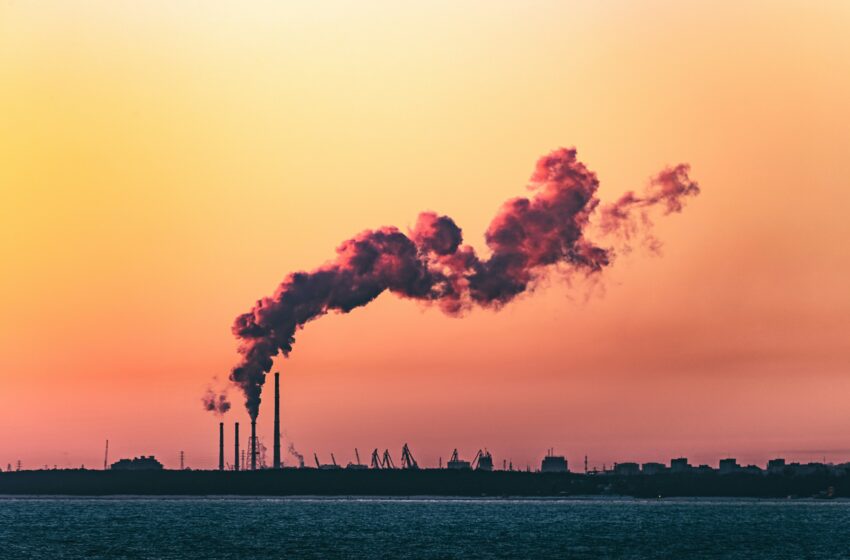
globalbizmag.com
EU Adopts Law to Limit Methane Emissions in Europe’s Energy Sector
Trouble is brewing for major gas exporters such as the US, Algeria and Russia, as the European Union member states, excluding Hungary which voted against the law, have adopted the first-ever EU Regulation Act in Brussels to impose methane emissions limits in Europe’s energy sector from 2030.
It aims to stop the avoidable release of methane into the atmosphere and to minimise leaks of methane by fossil energy companies operating in the EU, pressurising international suppliers to cut leaks of the potent greenhouse gas.
This adoption marks another step in the implementation of the European Green Deal and REPowerEU. It shows Europe’s determination to tackle harmful emissions at home and internationally.
Methane is the main component of the natural gas countries burn in power plants and to heat homes. It is also the second-biggest cause of climate change after carbon dioxide, and fuels global warming when it escapes into the atmosphere from leaky oil and gas pipelines and infrastructure.
Welcoming the final adoption of the regulation, the European Commissioner for Energy, Kadri Simson said that Methane is the second highest contributor to global warming and air pollution after CO2, accounting for around a third of greenhouse gas emissions, harming both environment and health.
“With the final EU adoption of the methane regulation we now have means to get clearer insight into the main sources of methane emissions in the energy sector. This will increase transparency and provide the tools necessary to reduce these potent emissions, both in the EU and globally,” she said.
The rules introduced by the EU include improved measurement, reporting and verification of energy sector methane emissions, immediate reduction in emissions through mandatory leak detection and repair, ban on venting and flaring practices, which involve release of methane directly into the atmosphere and a methane transparency requirement on imports, collecting information on whether and how exporters are measuring, reporting and abating methane emissions, with a view to establish a methane intensity profile of those entities.
From 2030, the EU will impose maximum methane intensity values on fossil fuels placed on the European market. The European Commission will design the exact methane limits by that date and importers of oil and gas that flout the limit could face financial penalties.

“This import standard could potentially reduce global methane emissions from oil and gas by a third,” said Alessia Virone, EU affairs director at the non-profit Clean Air Task Force, noting the EU’s status as the world’s biggest oil and gas importer.
It may be recalled that Russia reduced deliveries to Europe after it invaded Ukraine in February 2022 and Norway has replaced it as the Europe’s biggest pipeline gas supplier, whose supply has among the world’s lowest methane intensity.
The Biden administration, which has welcomed the Law, has brought its own rules mandating its oil firms to limit their methane emissions.
According to the International Association of Oil & Gas Producers, it was concerned that the EU may not recognise other jurisdictions’ existing methane standards as complying with its own – and failure to do this could jeopardise security of energy supplies.
Fossil Fuel Companies
For oil and gas, companies are required to frequently survey their equipment to detect leaks. If found, they need to be repaired immediately, mostly within 5 or 15 working days and monitored to ensure that repairs were successful.
For coal, the regulation envisages a phase out of venting and flaring of methane, ensuring that safety aspects in coal mines are accounted for. It also obligates the EU countries to establish mitigation plans in the case of abandoned coal mines and inactive oil and fossil gas wells.















